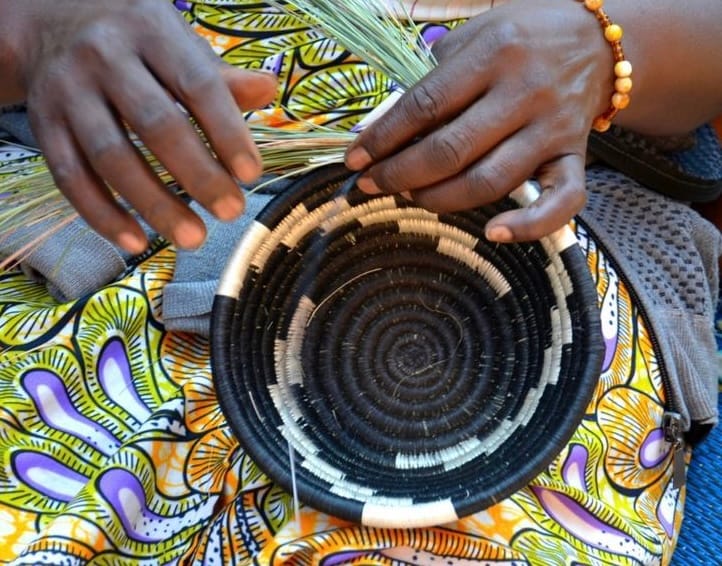Shopping handmade fair trade goods offers numerous benefits, both for the consumer and for the artisans involved. Here are some of the key advantages:
Ethical and Social Impact
Fair Wages and Working Conditions: Fair trade ensures that artisans receive fair wages and work in safe, ethical conditions.
Community Development: Supporting fair trade helps to empower communities, especially in developing countries, by providing economic opportunities and improving living standards.
Preservation of Traditional Crafts: Fair trade helps to preserve traditional crafts and skills that might otherwise be lost due to mass production.
Environmental Impact
Sustainable Practices: Fair trade often involves sustainable practices, such as using eco-friendly materials and minimizing waste.
Reduced Carbon Footprint: By supporting local artisans, you can reduce the carbon footprint associated with long-distance transportation of goods.
Quality and Uniqueness
High-Quality Craftsmanship: Handmade goods are often made with great care and attention to detail, resulting in higher quality products.
Unique Designs: Each handmade item is unique, reflecting the individual creativity and skill of the artisan.
Storytelling: Buying handmade goods allows you to connect with the story behind each item and the people who made it.
Economic Impact
Support for Small Businesses: By purchasing handmade fair trade goods, you are supporting small businesses and artisans, rather than large corporations.
Local Economic Development: When you buy handmade goods from local artisans, you are contributing to the local economy.
In conclusion, shopping handmade fair trade goods is a way to make a positive impact on the world while enjoying high-quality, unique products. By supporting artisans and fair trade practices, you can help create a more equitable and sustainable future.


